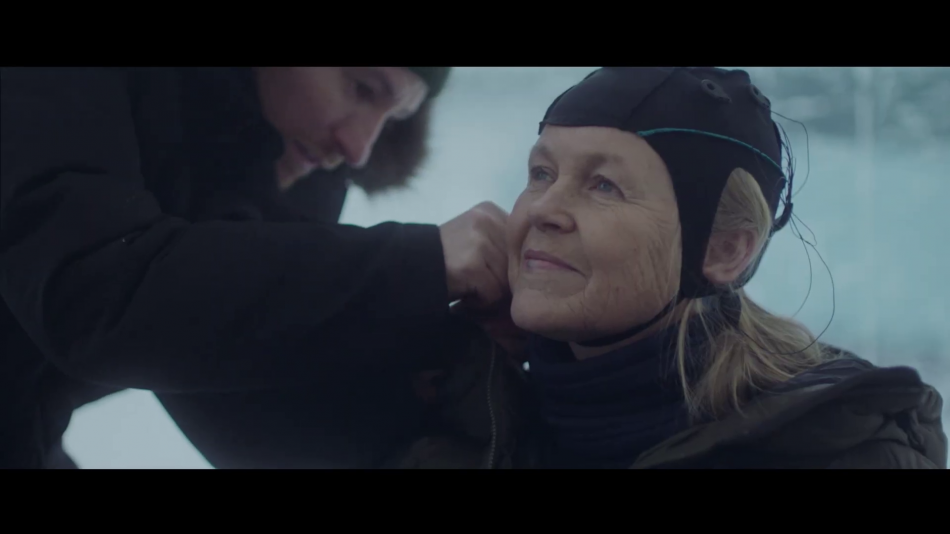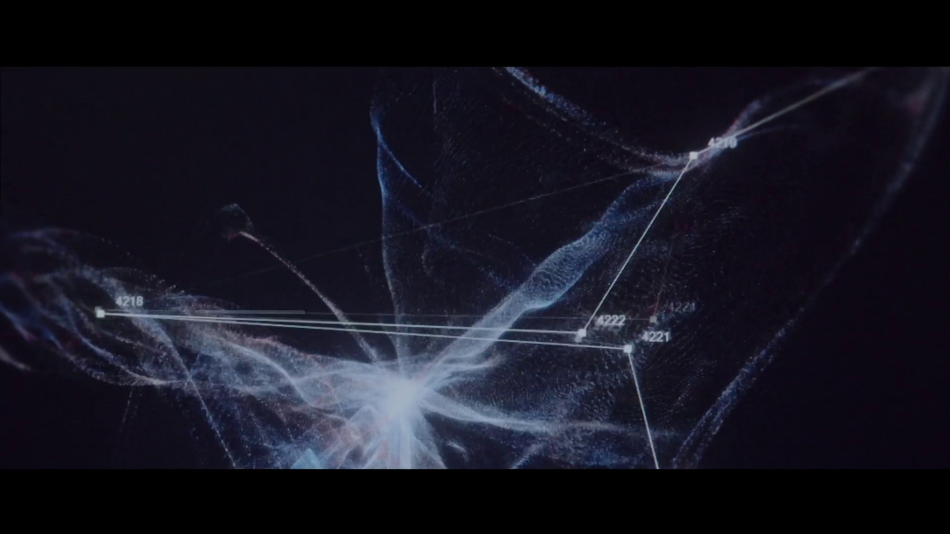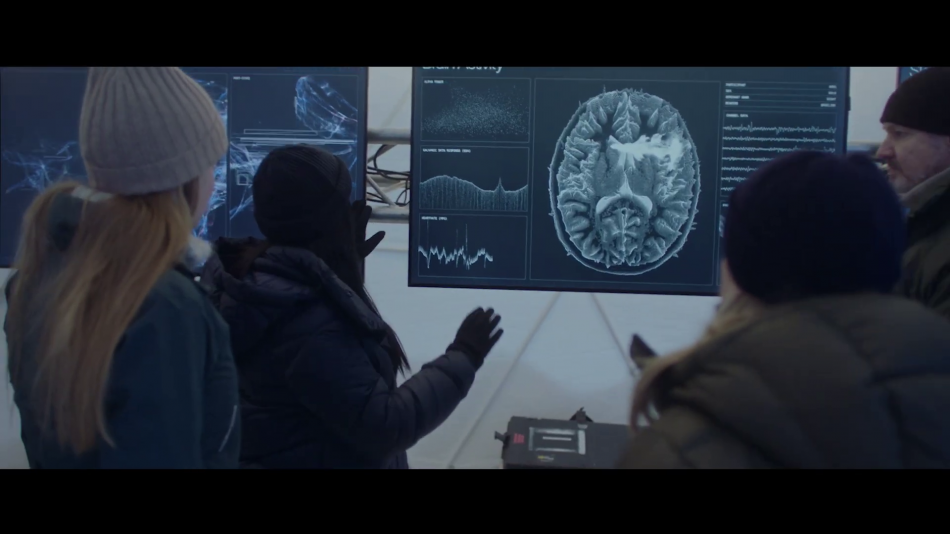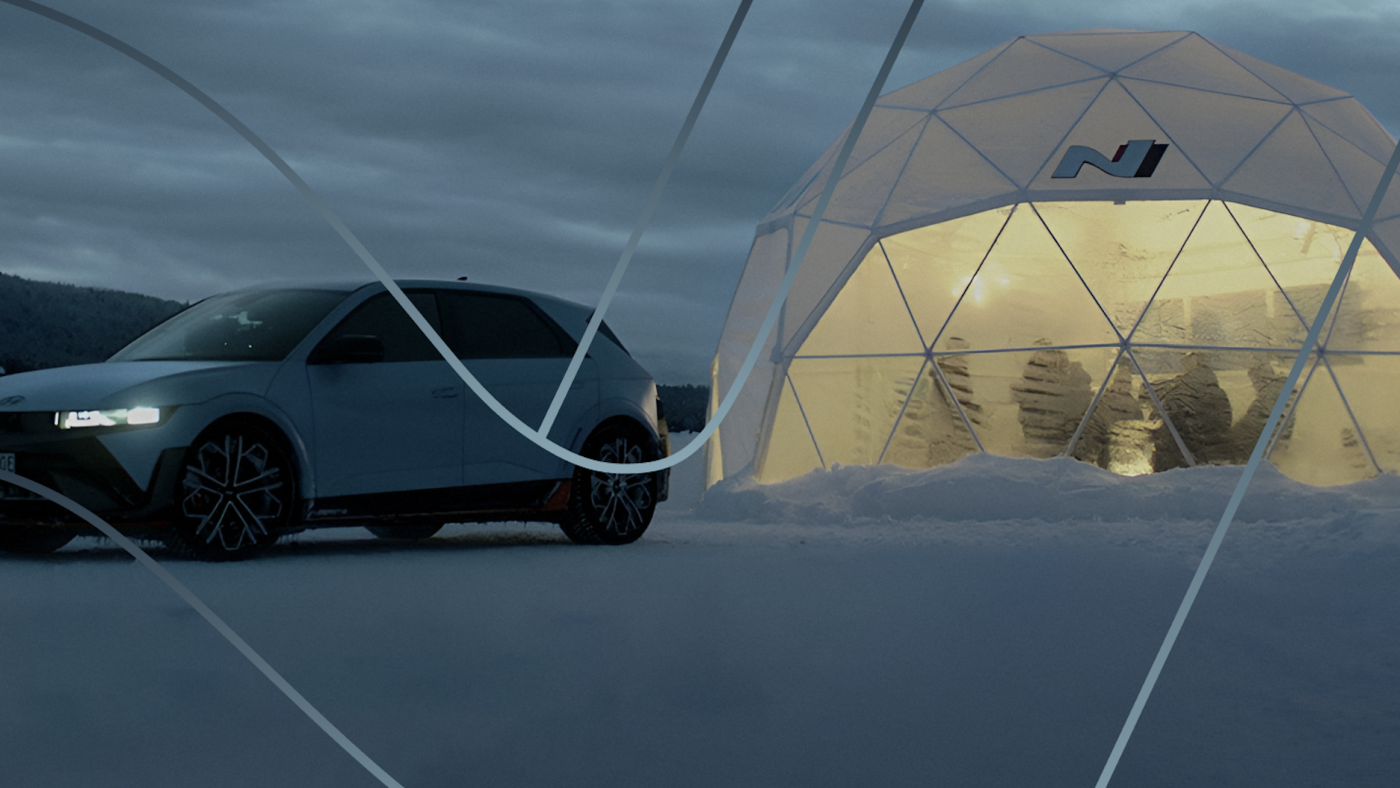
Hyundai: Experiment N
Doing cutting-edge neuroscience research somewhere in the Norwegian countryside, on a frozen lake, in the middle of winter, shooting a documentary about it, and turning it all into a car commercial – this wasn’t your run-of-the-mill type of job. But who loves run-of-the-mill? Truly one of the few projects where the cliché holds true: it wouldn’t have been possible without everyone’s contribution. From Hyundai’s trust, Innocean’s vision, Biolab’s bold research, UNIT9’s professionalism to each and every person on set being amazing. More of this, please.
The background
Millions worldwide struggle with Seasonal Affective Disorder (SAD), experiencing fatigue, low mood, and decreased motivation during periods of reduced sunlight. This study, a unique collaboration between Hyundai, UNIT9, and Shani Tal (our in-house neuroscientist), sought to investigate whether an exhilarating driving experience in a winter environment could counteract these negative emotions.

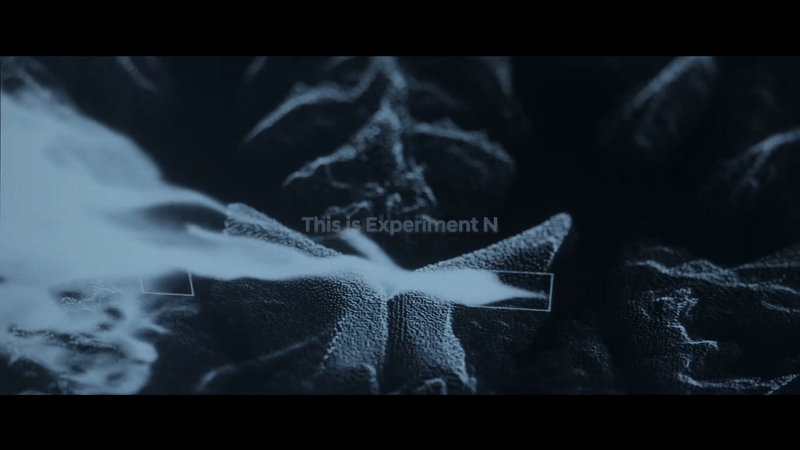
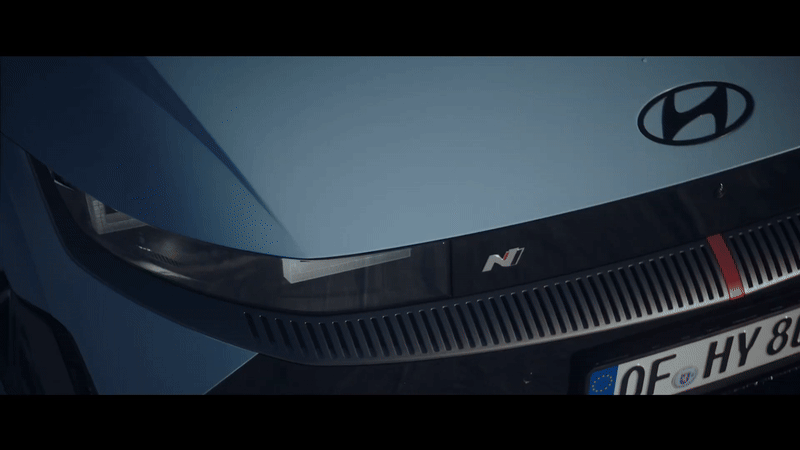

The study took place in Rjukan, Norway, a city with a high prevalence of SAD due to limited sunlight exposure during winter. Twenty local residents diagnosed with SAD participated and their emotional state was assessed with a bespoke questionnaire written by Neuroscientist Shani Tal before the experiment kicked off.
Participants got behind the wheel of the Hyundai IONIQ 5 N on a specially designed ice track in Norway. Throughout the experience, advanced biosensors captured physiological data: an EEG cap measured brain activity related to focus and relaxation, and a skin-conducting sensor monitored electrodermal activity (EDA), heart rate variability (HRV), and galvanic skin response (GSR), all of which are indicators of emotional arousal.
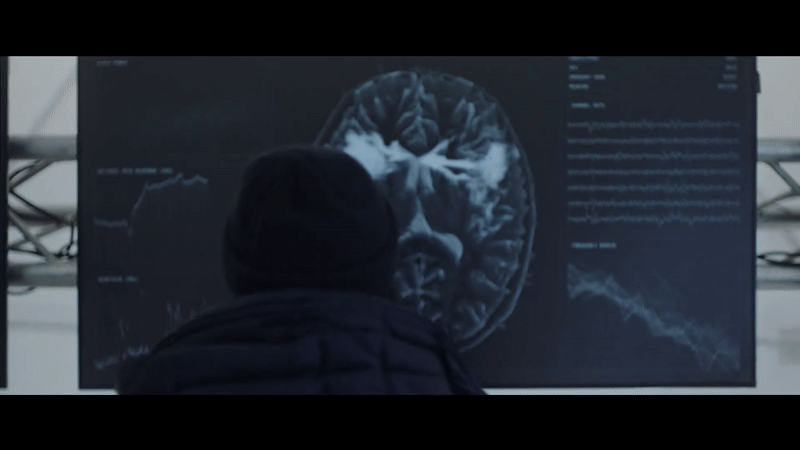
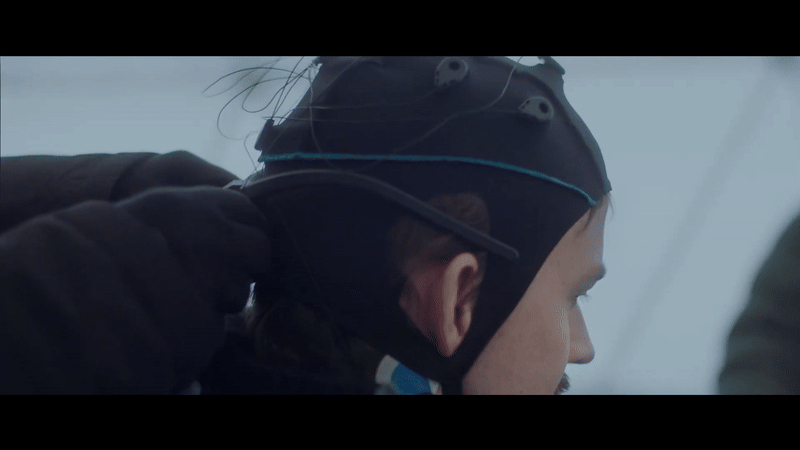
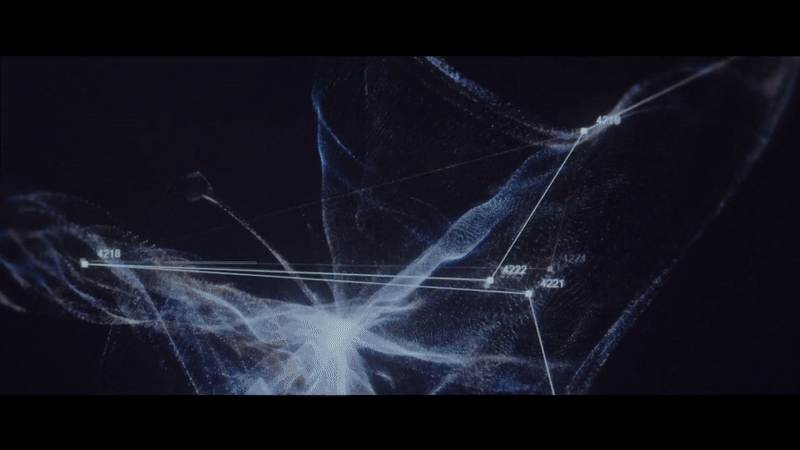

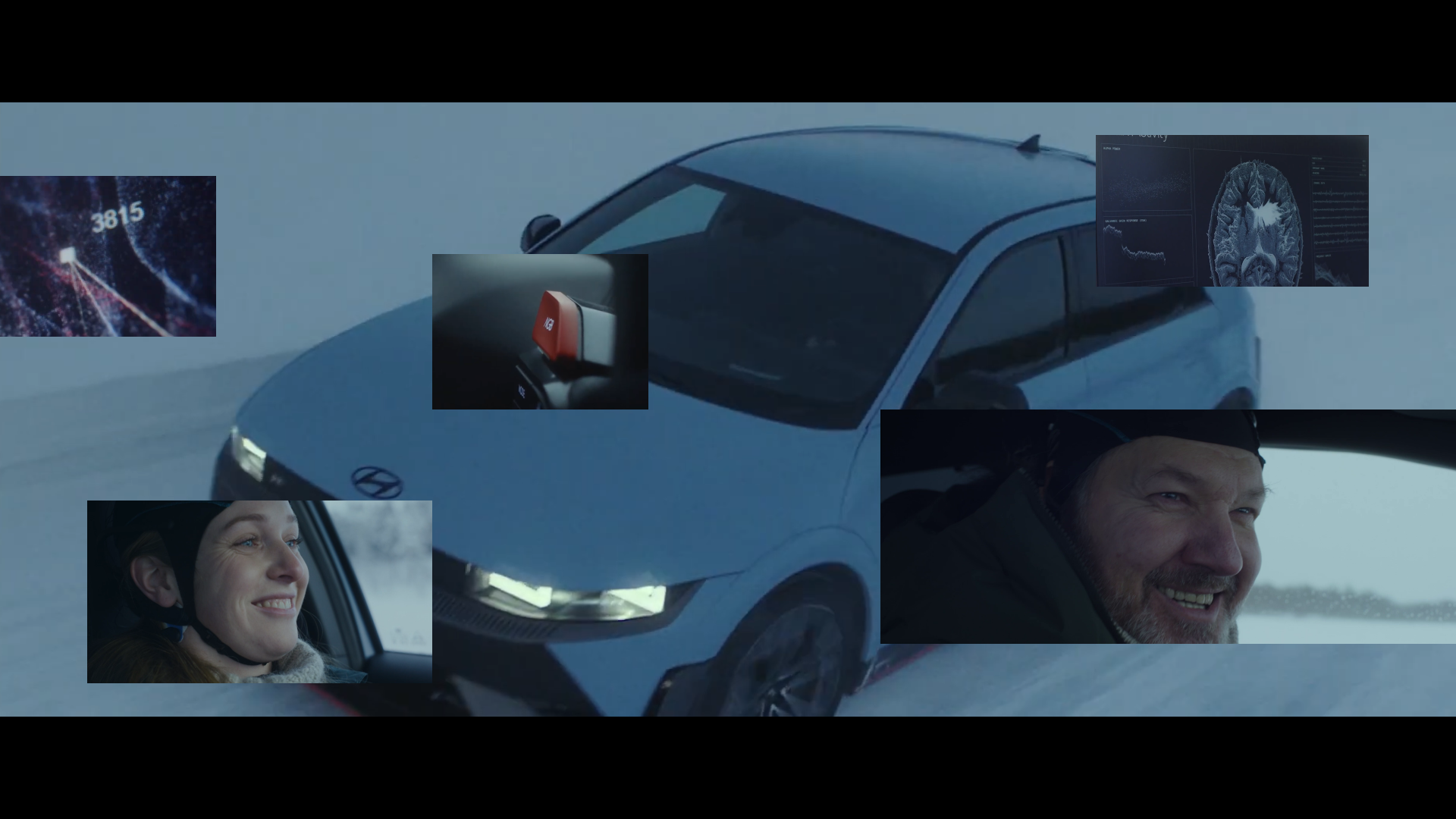
Following the drive, participants once again completed an emotional well-being questionnaire. Both quantitative (sensor data) and qualitative (questionnaire) data were analysed using a newly developed metric, created by UNIT9, “Depth of Joy” (DOJO) to assess emotional response dynamics.
UNIT9 Films then brought the experiment to life by producing a captivating film that intertwined the scientific rigour of the study with the participants’ emotional journeys, helping to visualise the impact of the experiment on the human experience.
The results
– 75% of participants reported a positive emotional response after driving the IONIQ 5 N.
– Overall, participants exhibited an average 28% increase in positive emotions compared to baseline levels.
– Positive emotional response increases varied among participants, ranging from subtle changes to a significant 67% improvement.
– Data analysis confirmed the potential of DOJO as a framework for measuring emotional responses, although further research is needed for validation.

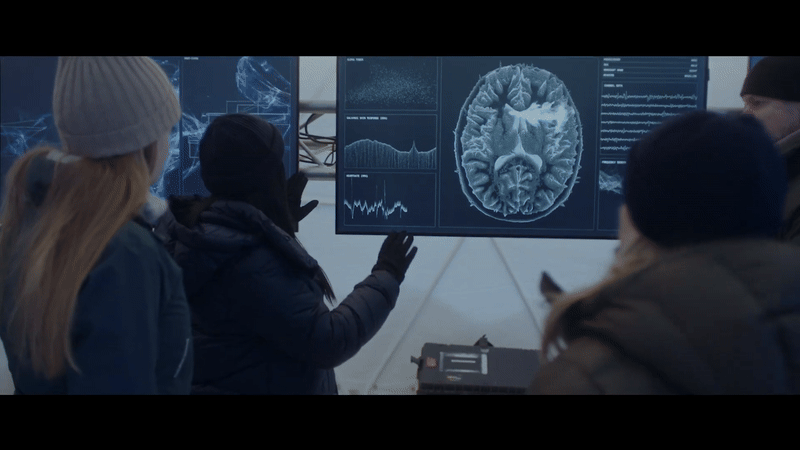

Credits
-
Division
-
Platform
-
Kind
-
Industry
-
Release Date
2024-04-29
